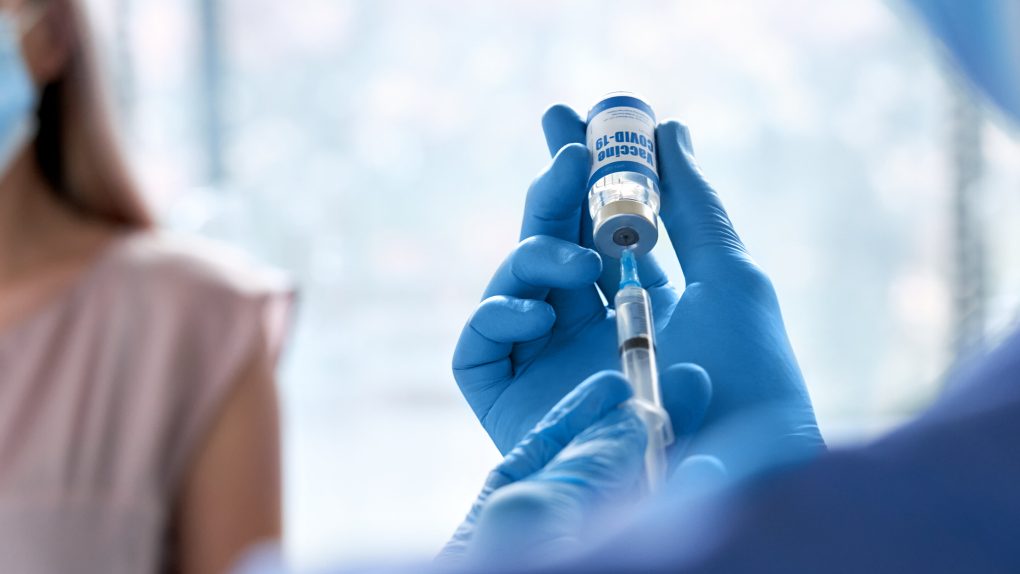- The pace of the coronavirus vaccine rollout has been abysmally slow so far, such that federal officials have begun pressing states to just give out some COVID vaccine doses on a first-come, first-served basis.
- The slow pace of the vaccine rollout, as well as the very detailed regimen that health workers are supposed to follow in terms of the order of who can get vaccinated, means some vaccine doses are in danger of expiring on the shelf.
- So far, a little over 5 million coronavirus vaccine doses have been administered in the US.
Where I live, in the state of Tennessee, 169,000 doses of coronavirus vaccine have been administered so far, which is equal to 2.48 doses of the vaccine administered for every 100 residents of the state. That’s according to the Bloomberg vaccine tracker, and while it’s nowhere near enough to make a difference in the pandemic yet, it’s nevertheless a better rate than many other states are seeing — like California, which has administered only 1.16 doses of coronavirus vaccine for every 100 residents of the state.
Overall, the US has administered a little over 5 million vaccine doses nationwide since vaccinations began a little less than a month ago. This comes as the nation set an all-time high for daily COVID-19 deaths on Tuesday, when more than 3,770 Americans reportedly perished as a result of the virus, according to the COVID Tracking Project. This gives increased urgency to the task of vaccinating the nation, and for the latest look at how that’s going, depending on which stats you look at, a little less than 30% of the vaccine doses the federal government has delivered to states have now been administered. And because of the somewhat glacial pace of the vaccine rollout, federal officials have been quietly encouraging states to give out more vaccine doses in such a way that creates a kind of loophole for people to get vaccinated early.
Federal officials connected to the White House coronavirus task force as well as the Operation Warp Speed vaccine program have been telling states, where vaccines might otherwise go to waste because of supply chain and other issues, to just vaccinate people on a first-come, first-served basis. That’s according to a report Tuesday from The Daily Beast, which notes that the issue here is the tendency of some of these vaccine doses to be in danger of expiring before they’re able to be used.
Health workers, remember, are following strict protocols in terms of only vaccinating narrow groups of approved people at a time. If you’re not elderly, if you don’t have health problems, and if you don’t work in any of a few specified industries right now, you still have to wait to get the COVID vaccine. So not only is the vaccine rollout a bit slow on purpose, but there are other factors dragging this out — they include everything from some healthcare workers saying they decline to take the vaccine for now, to some approved people simply not showing up for their appointed vaccination.
Already, there have been scattered reports of some people hanging around vaccine sites close to the end of the day, under the assumption that health care workers might have excess doses that will be in danger of expiring — and these people who’ve just shown up have been able to get vaccinated because of that.
This kind of ad hoc, first-come, first-served approach potentially upends months of planning as well as the detailed regimen that vaccinations are supposed to follow. But according to the report from The Daily Beast, this may be “one of the only ways to ensure that millions of vaccine doses don’t expire on the shelf.”







